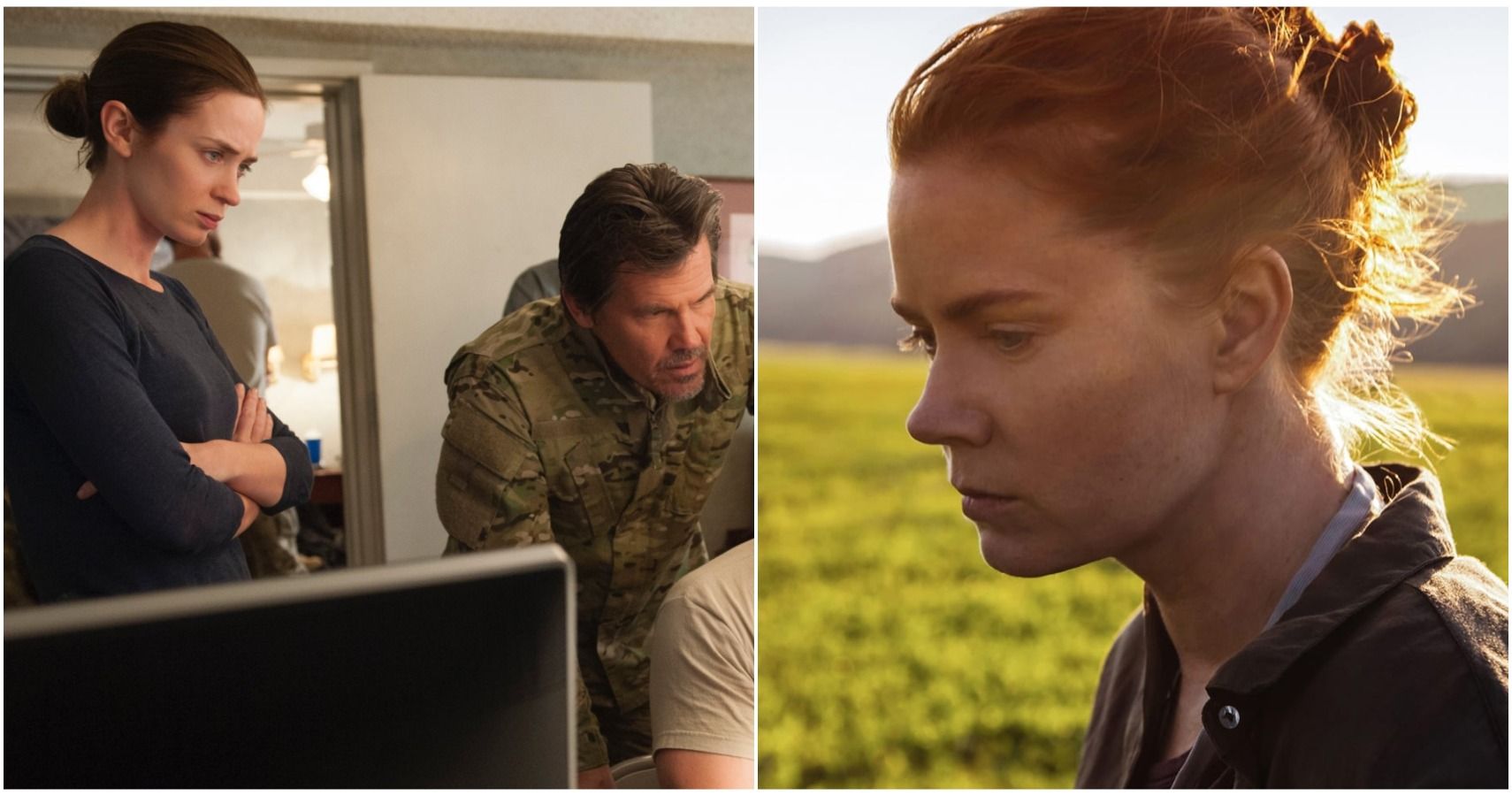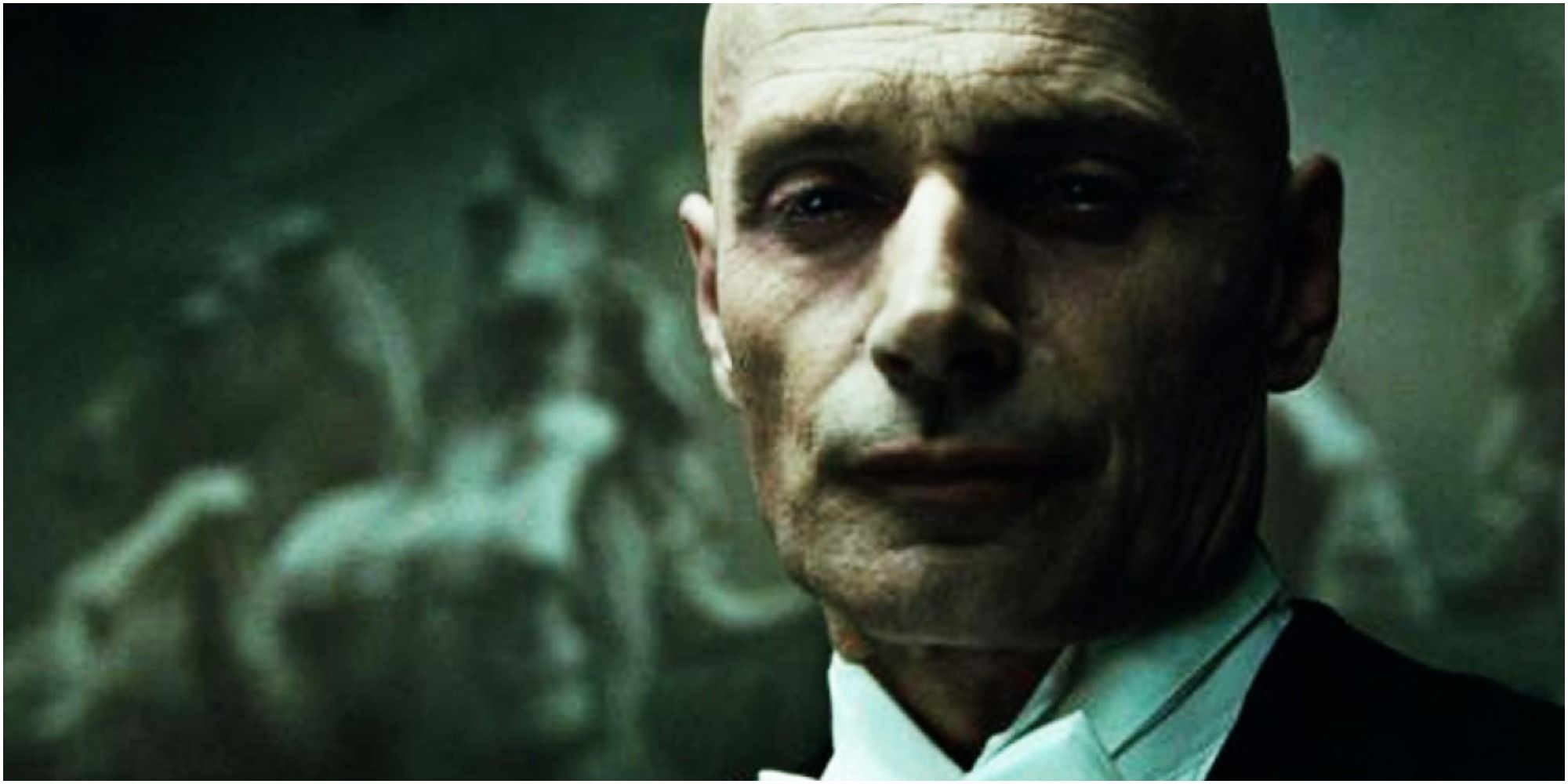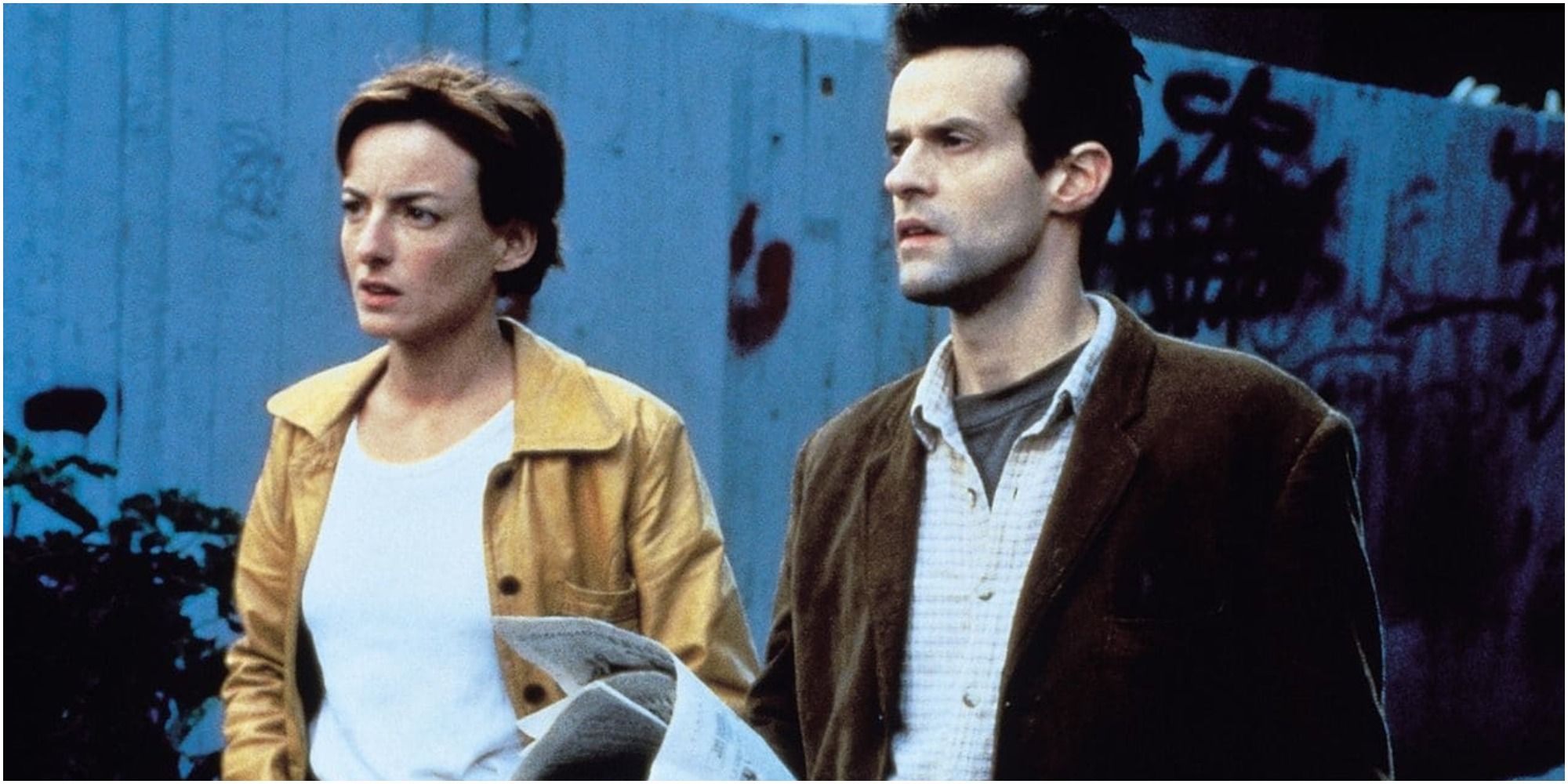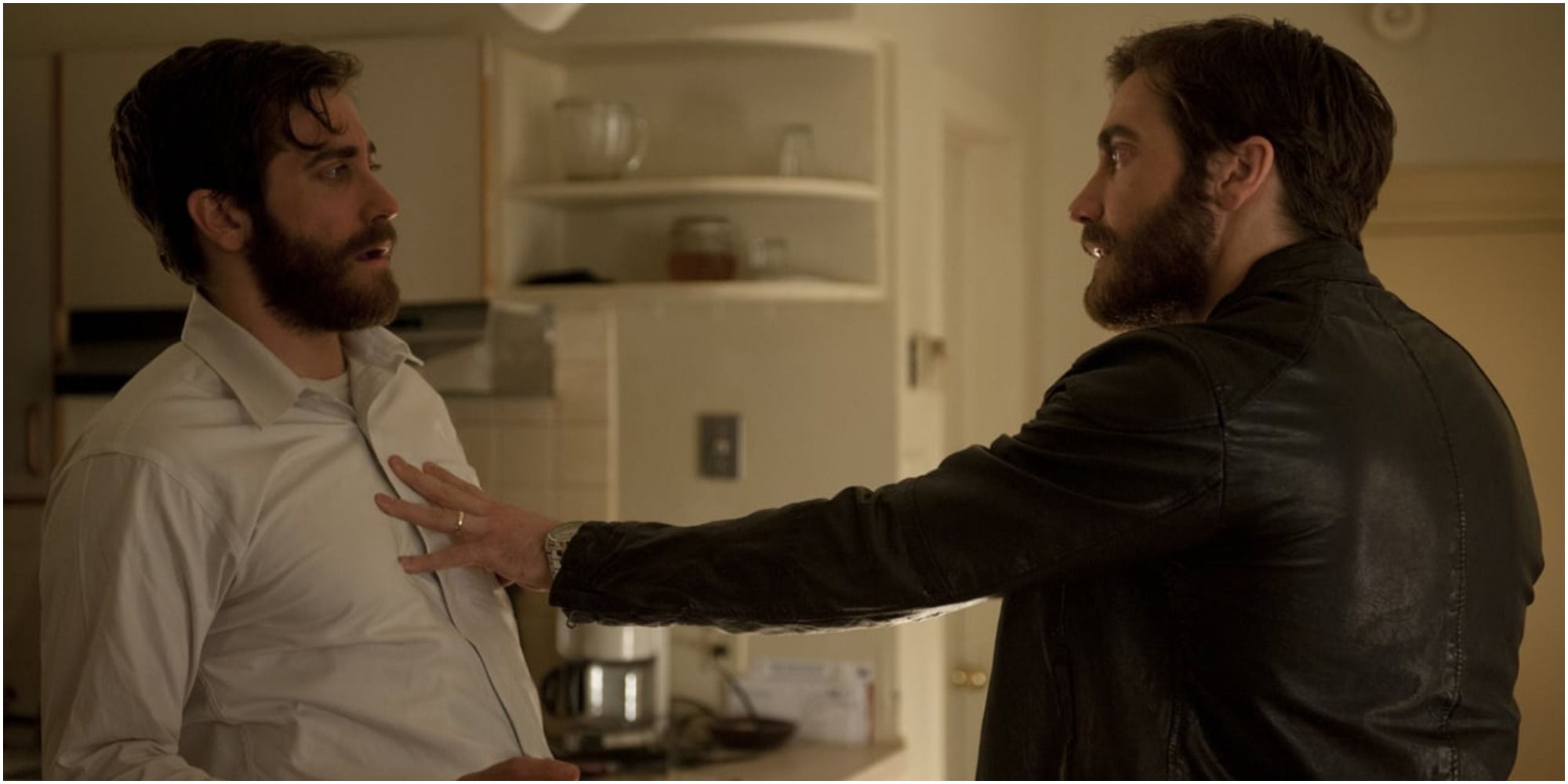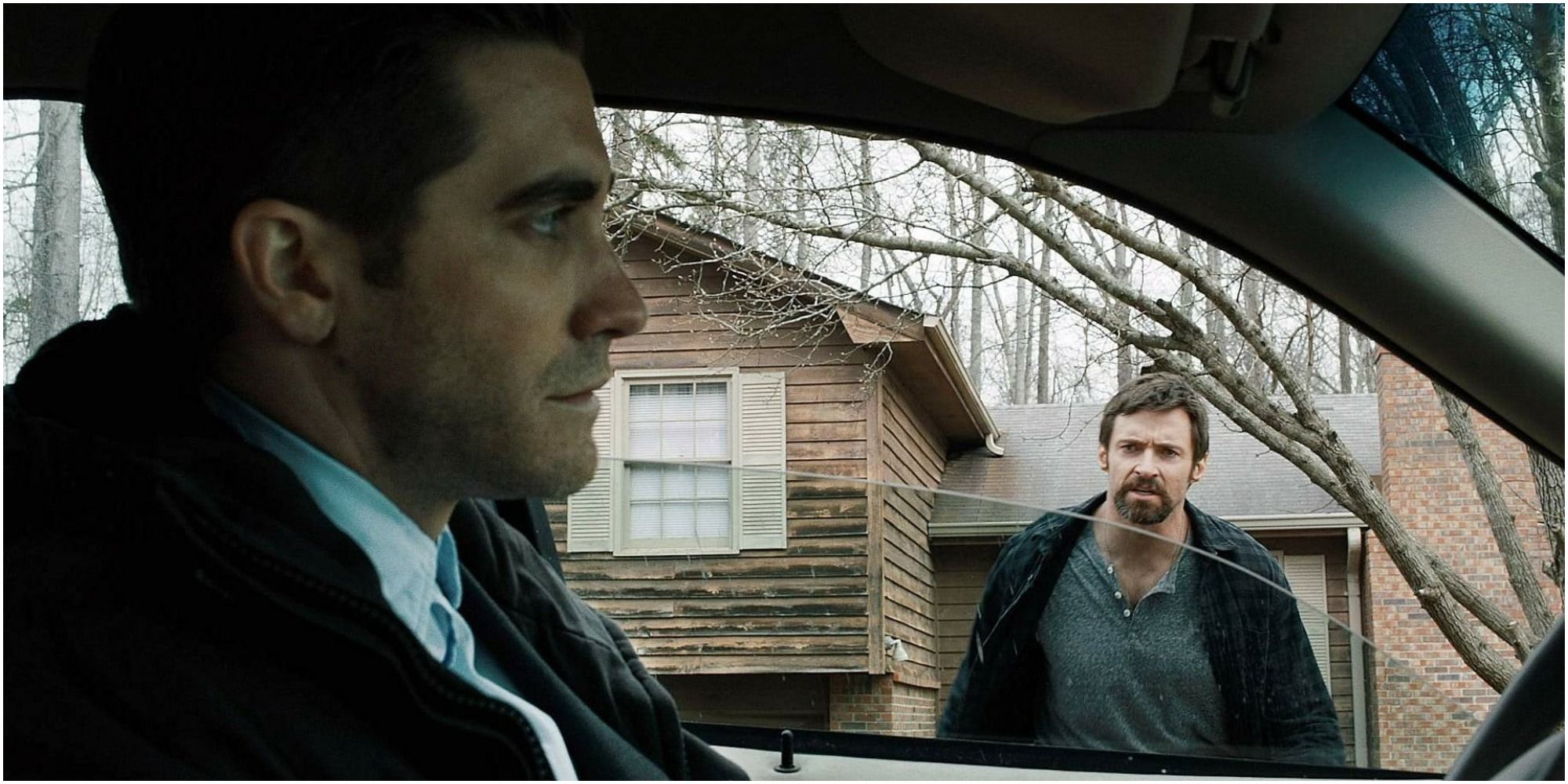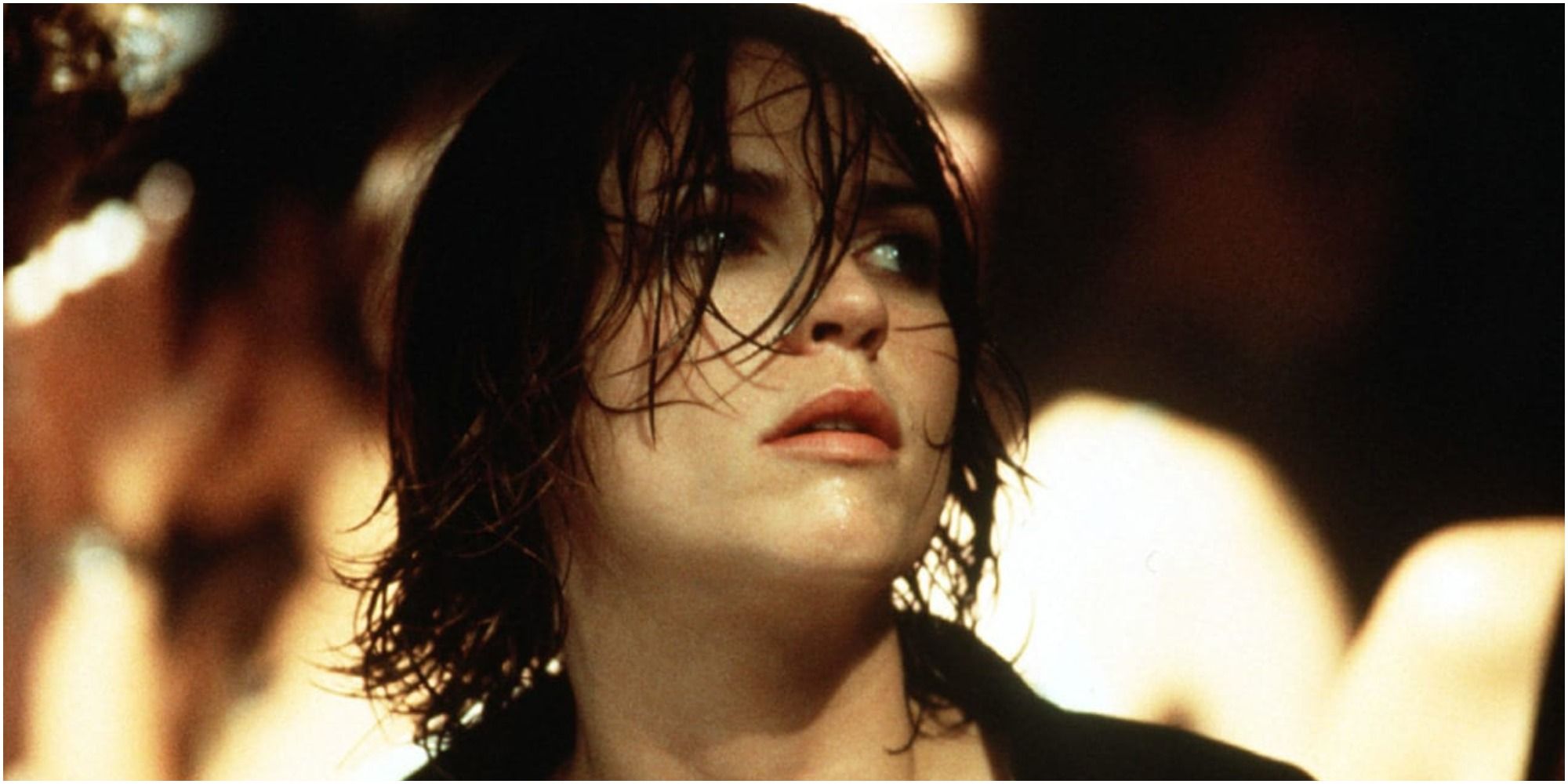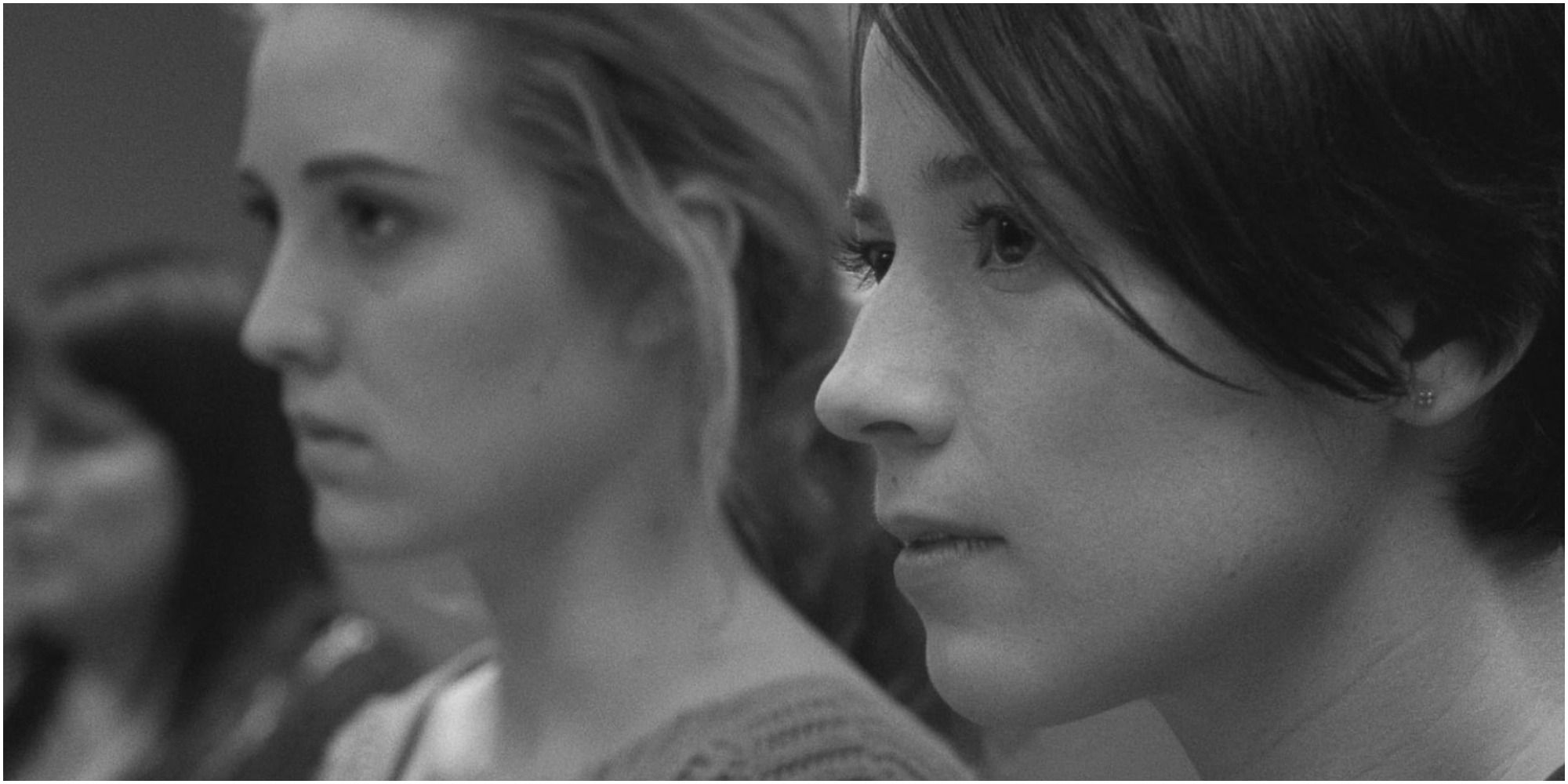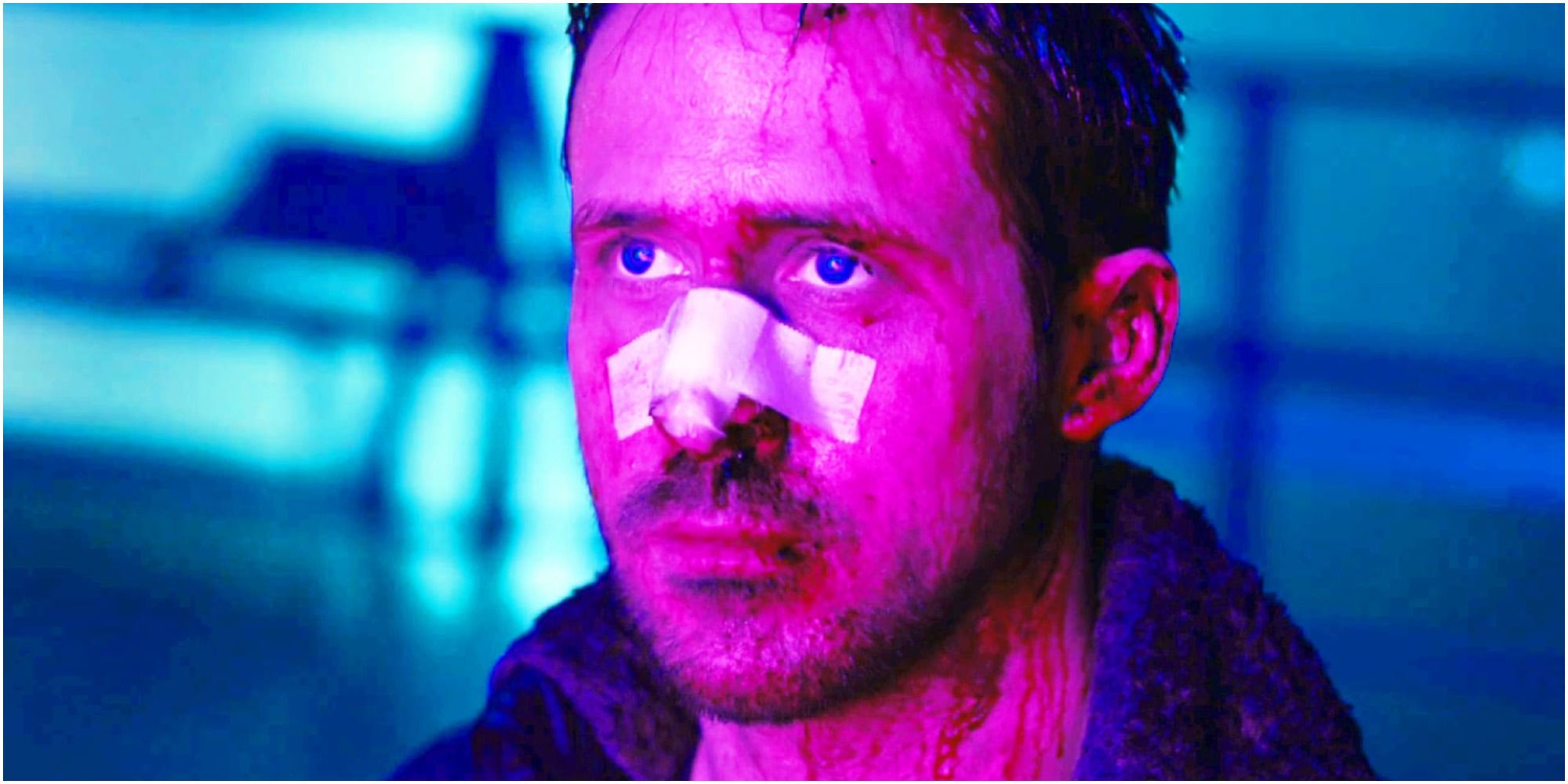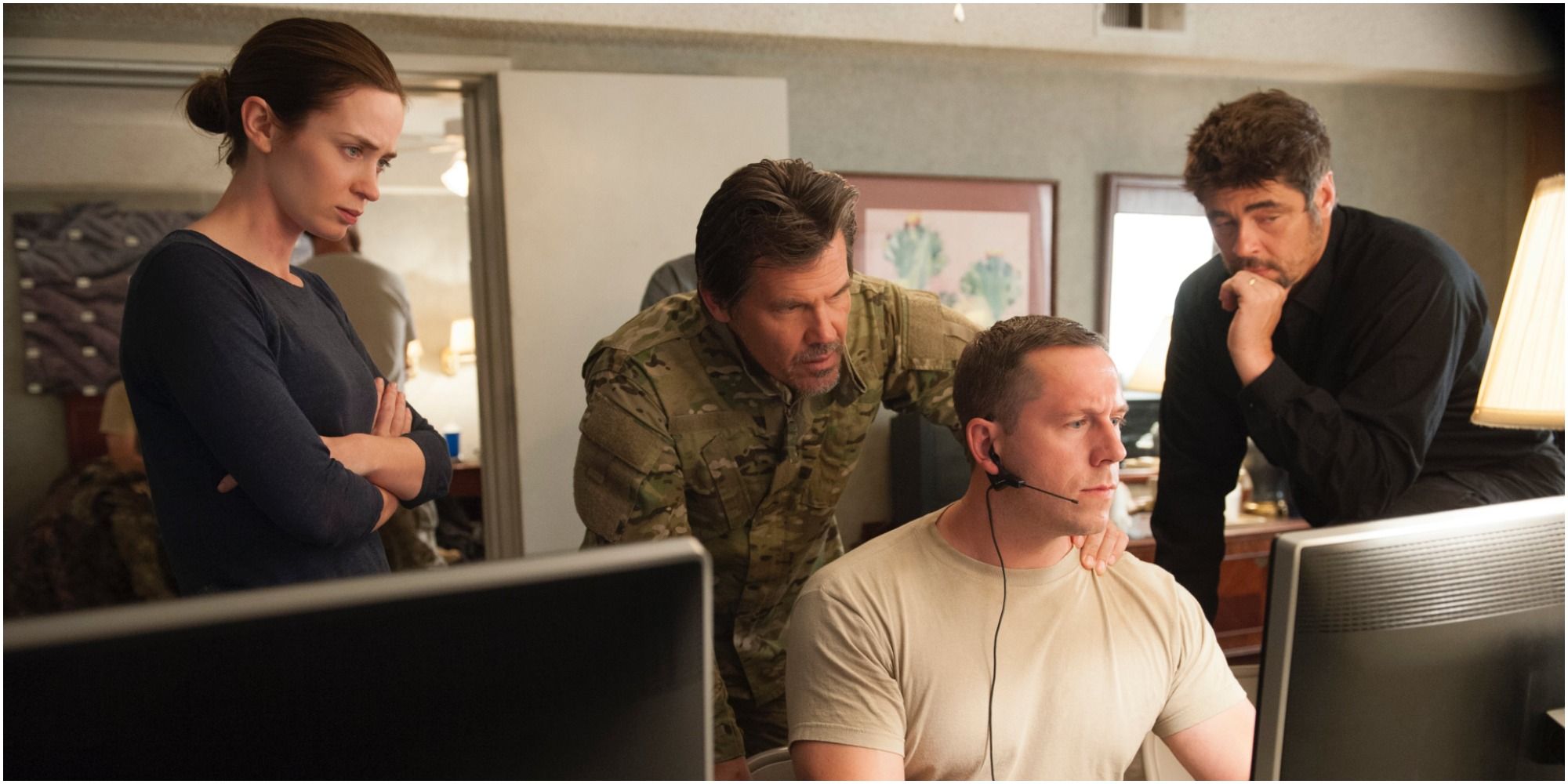Denis Villeneuve is arguably the best film director to have ever worked in the last decade. If that is not enough proof, then his consistent filmography speaks for itself for how much he progressed as a filmmaker.
Having his humble beginnings in Canada, Villeneuve received worldwide attention when the French language drama Incendies received a nomination for Best Foreign Language in the 83rd Academy Awards. This led to open doors from other studios for tremendous projects that showed his prowess as a filmmaker of many genres.
With that, let us rank all of his nine films (plus a short film).
Next Floor (-)
Of the many short films that Denis directed, this one stood out as this received a special jury citation for the Toronto International Film Festival Award for Best Canadian Short Film. Like many of his films, Next Floor is not for everyone, even the faint of heart. Almost featuring no dialogue, the short’s premise centers on eleven guests in an eloquent banquet, who soon engaged in a highly explicit ritual.
Even with no Rotten Tomatoes score, this film is regarded for its expressionistic representation of consumerism and interpretations of excess.
August 32nd on Earth (-)
As Denis’ film debut, August 32nd on Earth showed a lot of promise for Villeneuve’s artistic take of human frailty that the performances and the cinematography speak a lot for his subtle essays. This Canadian film is about a model who had an epiphany after a car accident to convince her best friend Philippe to conceive a baby to make her life’s purpose. Philippe agrees on the ground that they conceive in a desert.
While that may sound strange, the film brought urgency on its topics of mortality and self-existentialism which audiences responded too very well (even if there still aren't enough critical reviews for a Tomato score yet).
Enemy (71%)
An adaptation of the novel The Double by José Saramago, Enemy centered on a man named Adam Bell (played by Jake Gyllenhaal), who discovers he has a direct lookalike by the name of Anthony Claire. From there, he discovered a darker, more sinister secret that will shape his view.
The film is an intense head trip from start to finish. Its pointed symbolism will leave everyone trying to scramble for his or her own interpretations, especially of its ending. But thanks to Gyllenhaal and Villeneuve’s direction, Enemy is tense filmmaking.
Prisoners (80%)
Speaking of Gyllenhaal, here is an early collaboration he had with Villeneuve. This 2013 film really proved Villeneuve’s ability to craft mesmerizing, cerebral genre features.
The story of Prisoners is about the search-and-rescue of two young girls who disappeared without a trace. After the catch and release of a potential suspect, the father of one of the girls dealt with the matter to his own hands. Along with Gyllenhaal, the movie boasted an ensemble cast, composing of Hugh Jackman, Viola Davis, Maria Bello, Terrence Howard, Melissa Leo, and Paul Dano.
Maelström (81%)
His second feature after August 32nd on Earth, Maelström focuses on a young woman who becomes linked to a man, whom she accidentally killed in a hit-and-run accident. Yet, the weirdest element of this romantic drama is that the story is narrated by a talking fish.
Villeneuve formulated the story from his fondness on stories about car accidents and conceived the talking fish element from a trout that gave him food poisoning. Those out-of-place elements seemingly meshed well together to compose this portrait of seeing the human lightness over present dimness.
Polytechnique (87%)
The third major Canadian effort by Villeneuve, Polytechnique was based on the real-life Montreal massacre with its focus on two students who witnessed the murder of their fourteen classmates and tried to deal with its horrifying aftermath.
With Denis behind the camera, the film never shied away from raw details. The massacre itself is hard to watch for its striking reality, thanks as well to Pierre Gill’s cinematography. Pain and grief are at the center of this heavy drama, and every performance hit home. This is arguably Denis’ underrated masterpiece.
Blade Runner 2049 (87%)
The 25-year gap gives no hindrance to Blade Runner 2049 for giving the same impact that the original Blade Runner gave. Continuing the lore that Philip K. Dick presented in his novel, this belated sequel centers on a replicant blade runner (played by Ryan Gosling) who unearths a hidden, destructive truth from his past that leads him to Rick Deckard (Harrison Ford).
Once again, Villeneuve’s finesse for sci-fi tapestry and genre-bending is on full force. And every shot is flawlessly beautiful, making this one of Roger Deakins’ best efforts.
Sicario (92%)
Based on Taylor Sheridan’s brilliant screenplay, Sicario is a tense action thriller that puts everything to good use. Villeneuve effectively weaves every element (from music to sound design, cinematography to pacing) to craft a manhunt that is more than just FBI effort.
Two conflicts are in place; one is the obvious conflict between the tenacious FBI task force and the Mexican drug cartels, and the other is between the principles of Kate Mercer (played by Emily Blunt) and the principles of her superiors (Benicio del Toro and Josh Brolin). The result is a cautionary tale of brute force and treatment.
Incendies (93%)
As mentioned, Incendies is the film that placed Villeneuve under everyone’s film radar for the decade. Based on a play by Wajdi Mouawad, the film is about a pair of Canadian twins who, upon discovering about their mother, travel to her native country situated in the Middle East to unearth her past and fulfill her last wishes.
The film went to an uncomfortable yet rousing transition of moving from the domestic perils to the war-torn conflict of their mother’s homeland. With the country unnamed, Incendies represented the world at its most urgent time for harmony and reflection amid the brokenness.
Arrival (94%)
So far, Denis Villeneuve’s best film effort is the 2016 science-fiction drama Arrival. Based on the novella Story of My Life by Ted Chiang, this Academy Award-nominated film centered on linguist Louise (Amy Adams) who is assigned on the first contact with the extra-terrestrials that descended to Earth. Her efforts, collaborated with mathematician Ian (Jeremy Renner), were put to extreme caution when her communication to the aliens and subsequent interpretations pushed to conflict (both globally and personally).
Villeneuve brilliantly placed layers upon layers of interpretations to this cerebral feature that any angle would make perfect to the narrative. And in Louise’s own arc, the movie presented a heartfelt portrait of motherhood. This film is crucial for everyone who believes in cinema as a form of expression. And Villeneuve, who received an Academy Award nomination for Best Director, showed the extent of film genres connecting to any audience seamlessly.
For movie fans and non-fans alike, Arrival is one of the best must-see science-fiction films of all time.

